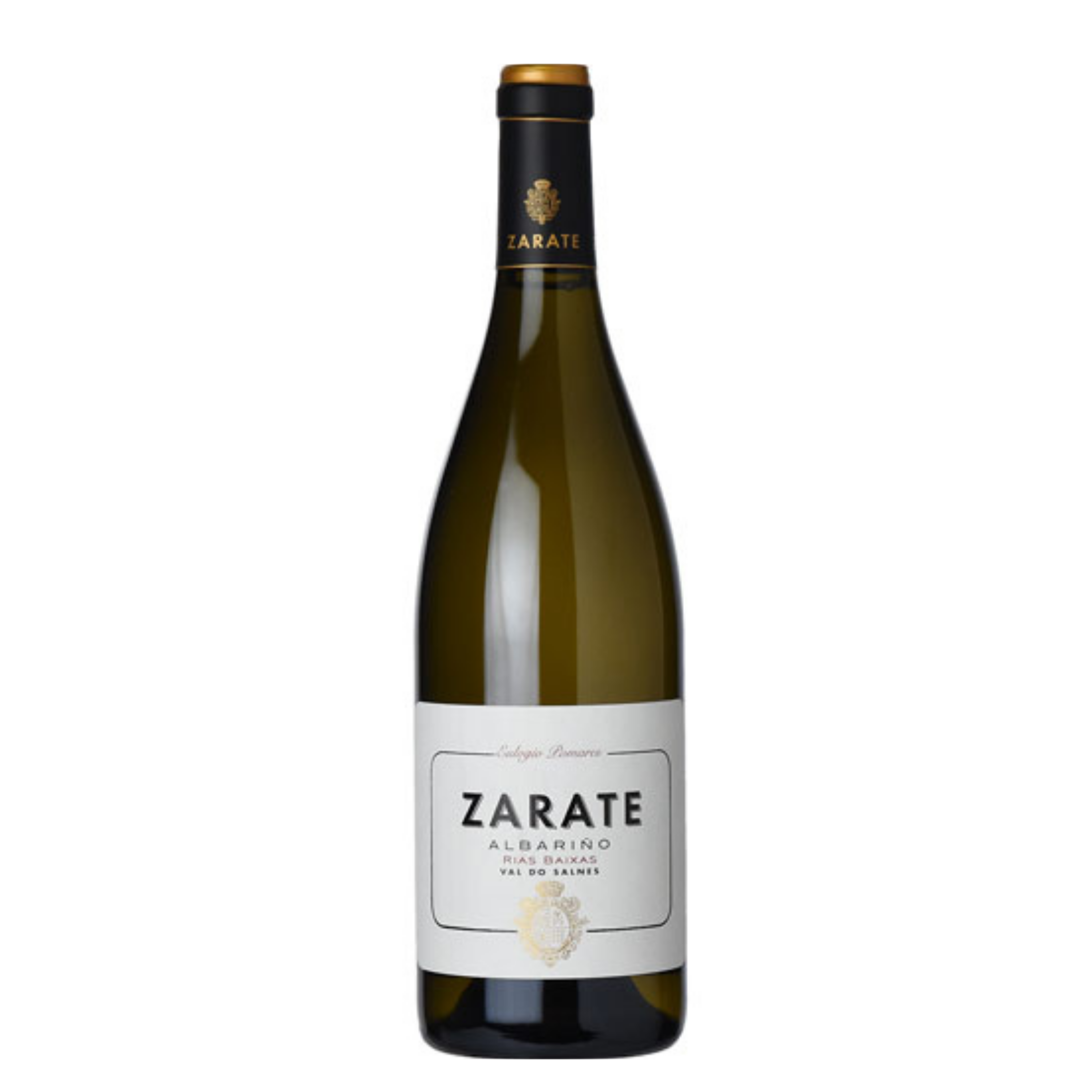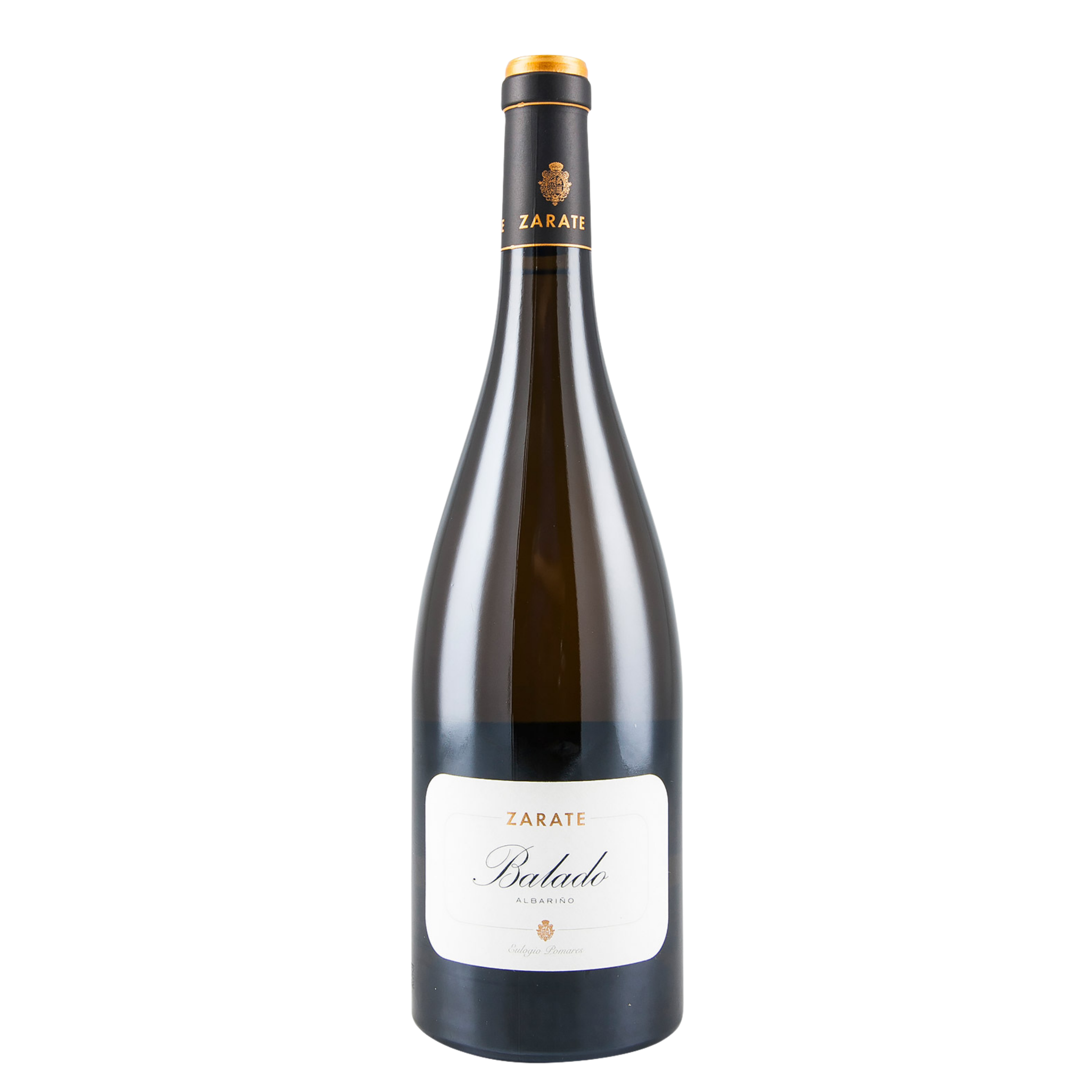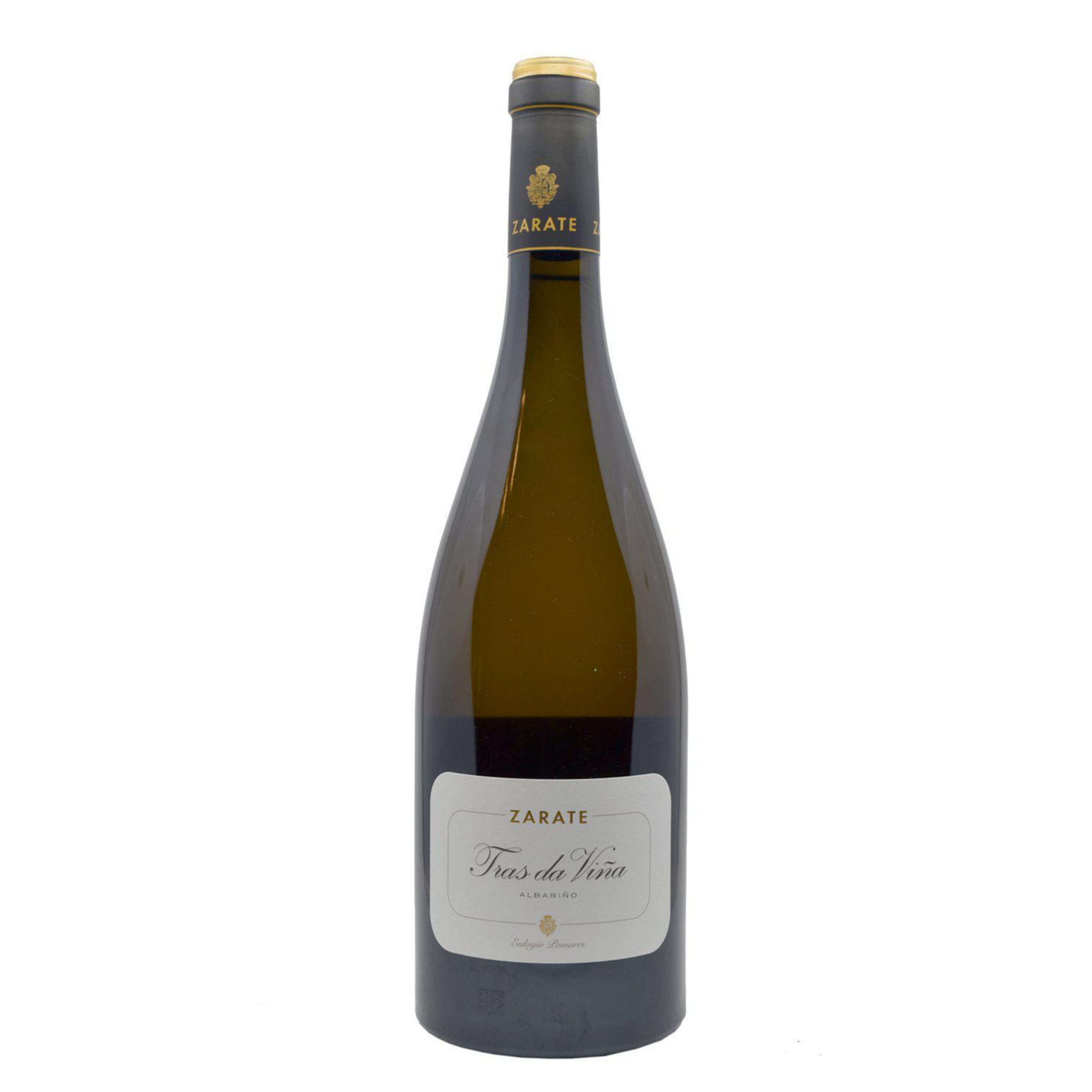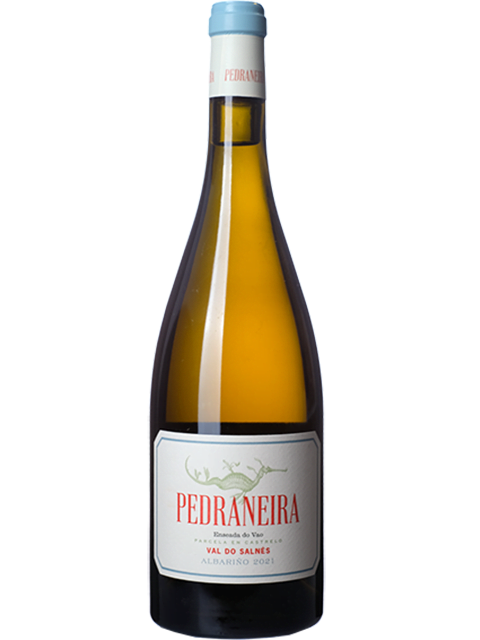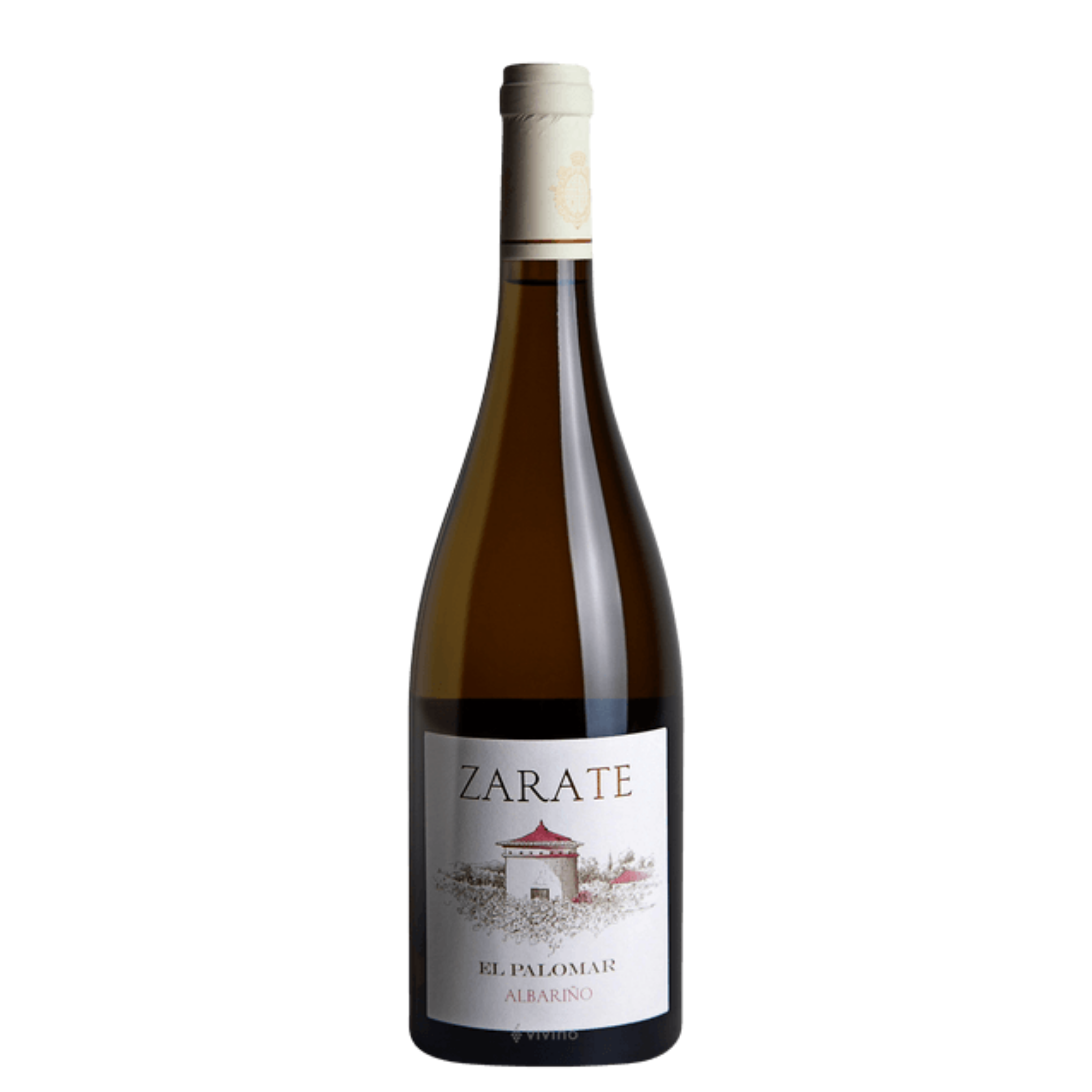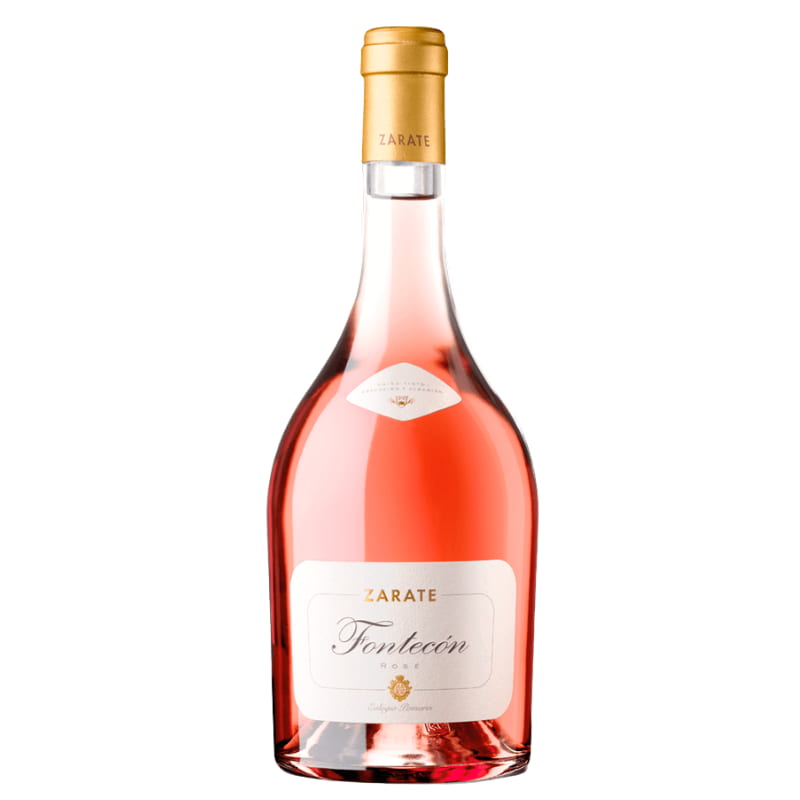Your shopping bag is empty
Go to the shopAll Wines
Easter Picks
Top Picks
New In
Wine Boxes
Sale
Type
Style
Country
Grape/Blend
- Back to Wines
- Albarino
- Albillo
- Barbera
- Brancello
- Cabernet Sauvignon
- Caiño Tinto
- Carignan
- Chardonnay
- Cinsault
- Corvina
- Espadeiro
- Gamay
- Garganega
- Garnacha
- Garnatxa Negra
- Godello
- Greco di Tufo
- Grenache
- Macabeu
- Malbec
- Marsanne
- Mataro
- Mencia
- Merenzao
- Merlot
- Mourvèdre
- Muscadet
- Nebbiolo
- Pansa Blanca
- Parellada
- Pinot Nero
- Pinot Noir
- Piquepoul White
- Riesling
- Rolle
- Rondinella
- Sangiovese
- Sauvignon Blanc
- Shiraz
- Souson
- Syrah
- Tempranillo
- Trebbiano
- Treixadura
- Verdicchio
- Viognier
- Xarel-lo
2021 ELY winebar. All rights reserved.
Rias Baixas
Rias Baixas
Bodegas Zarate, Val do Salnes, Rias Baixas, Galicia, Spain
- Organic, Biodynamic.
Rias Baixas, the most westerly DO along the Atlantic coast of Galicia in the north west of Spain, is actually a relatively new DO, having been officially recognised in 1988. However, this is a region steeped in wine making history with the Cisterian Monks introduction of the Albarino grape back in the 12th century.
Bodegas Zarate’s history is almost as equally impressive, dating back to 1707 when Diego Zarate Y Murga established what is now a 7th generation family business. In 1920 Ernesto Zarate took over, helping elevate Albarino from a simple quaffing wine to one that can, in the right hands, be one of Spain’s most interesting, complex and age-worthy white wines.
In 1954 Ernesto established the Cambados Albarino Festival, a celebration of Albarino, going on to win the trophy in the first three years. He stepped back after that, saying that after someone else had won it three years in a row he [Zarate] would re-enter. Needless to say, Zarate has yet to compete for the trophy again.

Ernesto’s grandson, Eulogio Pomares, now runs the winery having started in 2000. Eulogio is recognised as one of Galicia and Spain’s top wine makers and he’s responsible for Zarate’s commitment to organic and biodynamic farming and wine making. Instead of chemical fertilisers they use seashells and seaweeds. There’s no tilling the land with cover crops being allowed support the natural health of the vineyards. Everything is done by hand and natural fermentation carried out.
Zarate vineyards are across 11 different plots in the Val do Salnes, a subregion in Rias Baixas, that has a cooler microclimate from cold Atlantic Sea breezes. Add in nutrient poor granite soils and you have ideal conditions for creating intensely minerally wines, wines that have a delicious saline character.

The Albarinos by Zarate are compelling and none more so than those from their El Palomar vineyard, which was originally planted in 1850 making it Rias Baixas’ oldest pre-phyloxera vineyard and one of the oldest vineyards in the world. Very poor soils over a granite base, the incredible age of the vines plus the great respect paid by the winemaker has lead to a wine of rewarding complexity, character and depth. The El Palomar is the only one of their whites that sees any wood, being fermented in a 2200 litre, 15-year-old, oak foudre that gives a more lushish mouthfeel while retaining the family’s signature salty minerality. A wine worthy of any cellar.
The Balado is from two plots within a single, walled in vineyard of extremely old, ungrafted vines. Fermented with indigenous yeasts plus six months aging on its lees the 2019 vintage has a intriguing nose of dried apricot, peach, lemon and apple plus granite minerality. There’s a tempting hint of the lees, dried flowers and white blossom too. On the palate the wine is pure, full-bodied and very mineral in personality, with a great core of tropical fruit balanced by lifting acidity, grip and a very long, rewarding finish. The 2019 Balado is delicious and inviting now but definitely worth sometime in the cellar to show what it’s really capable of. Up to 20 years.
The Tras da Viña is from a single vineyard, planted from cuttings taken from one of Eulogio’s pre-phylloxera El Palomar vineyard. With up to 24 months on its lees this is a wine of considerable depth and character that offers up a focused aroma of citrus fruits with a defined minerality. This is a full-bodied and complex wine that’s full of life. It’s that bit softer that the Balado so accessible sooner in it’s life but it too is worth sticking aside, at least a few bottles, for another 5-20 years.
The ‘straight’ Zarate Albarino is precise, mineral and taut, drawing on the salty character of the Atlantic coast to give the wines a remarkable freshness. 2019 was a great vintage with structure and acidity and the “entry-level” Zarate is crisp, characterful and rewarding with a long, tasty finish, vibrant and almost salty.

